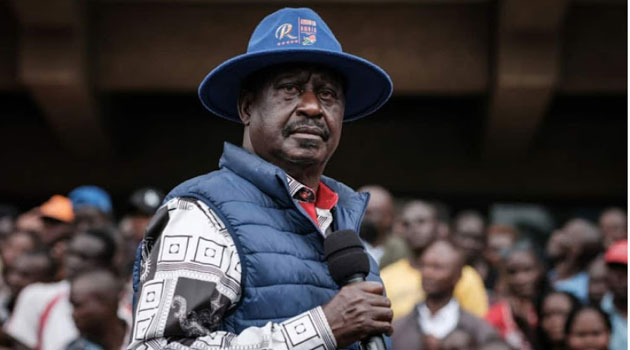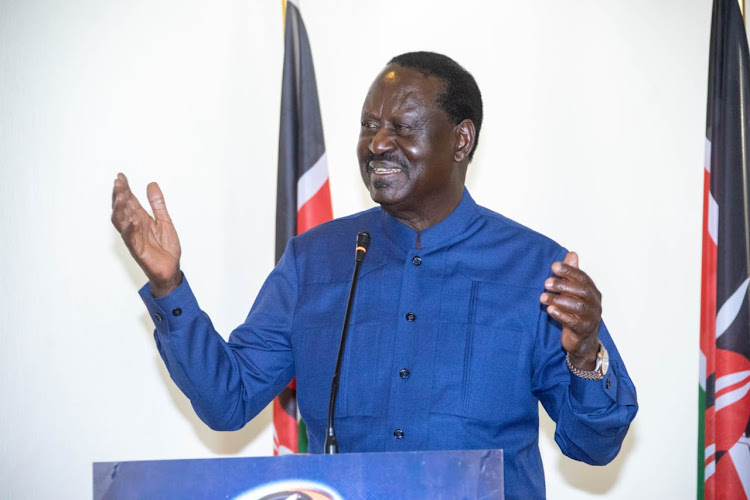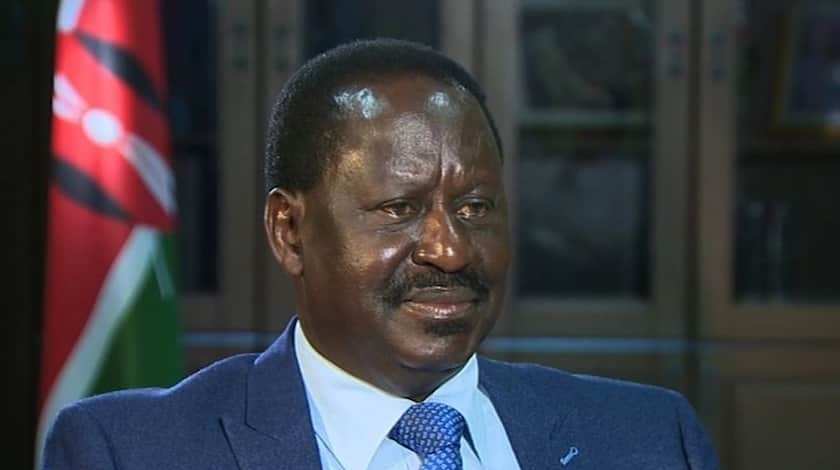The opposition's leader, Raila Odinga, has criticized the Supreme Court decision that granted the LGBT community permission to form a lobbying group.

Odinga said that the five-judge bench had exceeded its authority in the separation of powers between the three branches of government by maintaining fictitious legislation during a meeting with the Muslim Community on Thursday.
He emphasized that the Supreme Court had no authority to impose the right for the persecuted community to organize a lobby group without appropriate laws on issues affecting the LGBTQ community.
Every branch of the government has a specific mission. The Parliament is the legislative body to guarantee that the government abides by the constitution. According to him, the Executive has to rule the populace following the law.
Did you read this?
"The Judiciary must uphold the existing law, which is why persons who feel wronged by the law's application turn to the courts. They are not in charge of making any laws", he said.
Odinga argued that the Supreme Court's role is to ensure that the country's existing laws are put into consideration; if there are any gaps, they should provide an advisory opinion and urge the bicameral to enact new legislation.
The gay community should have visited Parliament, according to the judges. So that we won't be concerned about the matter, we are advising Parliament to pass laws in conformity with Article 45," Odinga added.
Laws That Are In Proposal
Peter Kaluma, a member of Parliament from Homabay Town, is attempting to propose a law that would punish people found guilty of homosexuality and other unnatural sexual practices to life in prison.
Same-sex relationships are forbidden by the Criminal Code, which also makes "gross immorality" and "carnal knowledge against the order of nature" crimes.

The maximum sentence under the law for homosexual activity is 14 years in prison.
"Those pursuing this evil agenda have been threatening me a lot. I don't care if they forbid me from visiting other nations, Kaluma said.
"I find courage because three judges out of five agreed with the ruling. The congressman said we would ask the Supreme Court's seven-member court to examine the order.
The surprising Supreme Court decision came on the same day that Jill Biden arrived in the nation for a three-day visit, according to Kaluma, who claimed it was no coincidence.
He used the Ksh16 billion in food aid originating with the U.S. Agency for International Development (USAID) as a lure to persuade the nation to endorse homosexuality, which they will not tolerate.
"We cannot tolerate immorality when our laws expressly forbid it. The Supreme Court ruling delivery occurred right before the US First Lady arrived. The fact that they are providing us with Ksh16 billion is not a coincidence, according to Kaluma.
Because three judges only supported the decision, Kaluma said they would return to the Supreme Court for a review.
Supreme Court Ruling
Supreme Court Decision While Justices William Ouko and Mohammed Ibrahim dissented, Deputy Chief Justice Philomena Mwilu, Justices Smokin Wanjala, and Njoki Ndung'u ruled in favour of the LGBTQ community.

After the LGBT community successfully opposed a board's appeal of a favourable High Court decision in a request that began from the Court of Appeal, the Supreme Court issued its decision.
According to the Supreme Court, the board's rejection of the suggested names is said to have violated the prohibition against discrimination.
The court determined that the appellant's judgment was prejudiced and that limiting the right to associate would be unlawful by preventing an association from being registered based only on its race. Based on the applicant's sexual orientation.
Nonetheless, the court highlighted that all people would face the consequences if they break the law, regardless of their sexual orientation—heterosexual, lesbian, homosexual, intersex, or otherwise.









